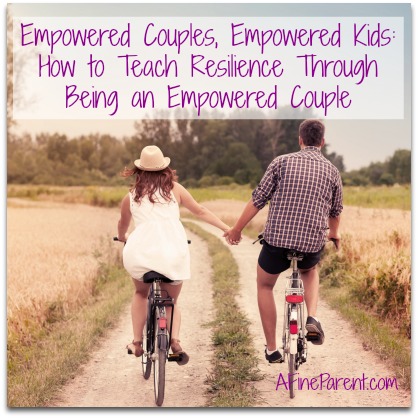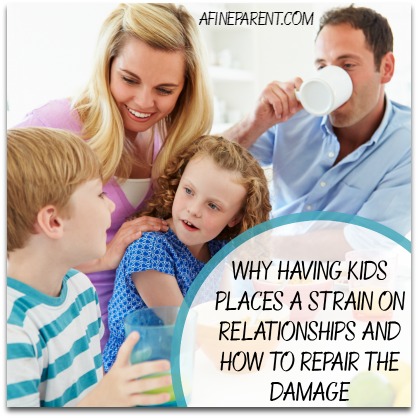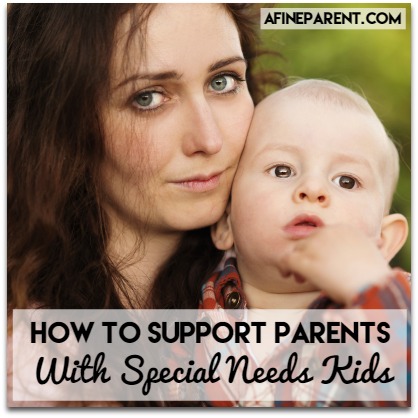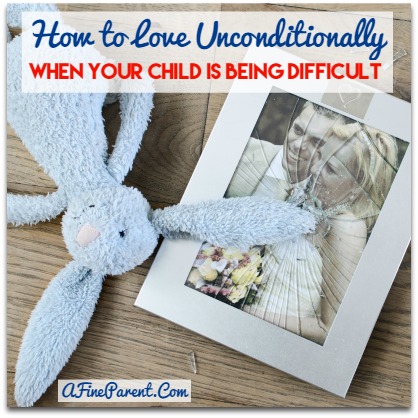 There is an old saying that we are programmed and hardwired in our first decade of life from our MFPT; mothers, fathers, preachers, and teachers. These relationships, and the health of them, have a profound impact on how we define what a healthy relationship should look like.
There is an old saying that we are programmed and hardwired in our first decade of life from our MFPT; mothers, fathers, preachers, and teachers. These relationships, and the health of them, have a profound impact on how we define what a healthy relationship should look like.
Think of your parents. How they interacted, communicated, touched, and related had a profound impact on your choices and expectations when it came to your boyfriends and girlfriends, the friends you have and your sphere of trust.
We as parents have an opportunity to help set in, deep within the “wiring” of our children, what a healthy, vital, and loving relationship can look like. We have a dramatic impact on their standards to navigate their own relationships.
The parent interaction is the most important relationship your children will observe. It has the most amount of influence on their body and mind, because for no other reason than you are their parents. Children learn through modeling. They watch your every move, listen to every word, and see how you express yourself in a variety of different situations.
Why?
As robotic as it may sound, they are being programmed. They are actively absorbing information on how to live, what gets them approval, attention and love, and how to respond to stressors and challenges. And this information drives deep into the brain and body.
It is our actions and reactions as a couple that can have a dramatic impact on how children create expectations of healthy relationships. Although they are seeping into the unconscious, our behavior as parents helps to define love between two people; physical boundaries, communication style (verbal and non-verbal) posturing under stress, when to embrace or push away, and how to resolve conflict.
This is how traits, expressions, and even problems “run” in families. Through our actions as a couple, we teach our kids. We show them how to be resilient, relate, rebound and resolve through our daily actions. Yes, we can sit down with them and talk to them consciously, and we can also be responsible and allow our actions to be unconsciously modeled for their future.
We all handle challenge differently. Let’s face it, relationships can be tough. Do you ever have those times where you are having the most difficult time opening up and loving your spouse? Or those times where there is an unspoken irritation between the two of you? Those times where you go for a quick kiss only to feel the coldness, or where they are trying to talk and you just feel closed off from connecting?
There is no doubt that when you have two adults living under the same roof, disagreements, arguments, and misunderstandings do happen. It’s a reality.
The question is, when tensions rise, how do you handle yourself? Do you scream as you yell down the hallway and slam the door? Do you confront your spouse loudly and aggressively? Do you turn your head and eyes away in conflict? Do you get snippy and irritated quickly? Do you simmer and stew for days without a resolution?
In many cases, how you respond right now in a relationship, is a pattern you observed from your parents.
 Relationships are never easy, but there is compelling evidence to suggest that having kids is likely to put an
Relationships are never easy, but there is compelling evidence to suggest that having kids is likely to put an  Do you feel tongue tied when you meet parents with special needs kids? Are you worried that you might say or do the “wrong” things?
Do you feel tongue tied when you meet parents with special needs kids? Are you worried that you might say or do the “wrong” things? Wonk. Bummy-wup. Giffis.
Wonk. Bummy-wup. Giffis. So we’ve all heard parenting experts tell us that the one thing children need most to grow and thrive is unconditional love from their parents.
So we’ve all heard parenting experts tell us that the one thing children need most to grow and thrive is unconditional love from their parents.